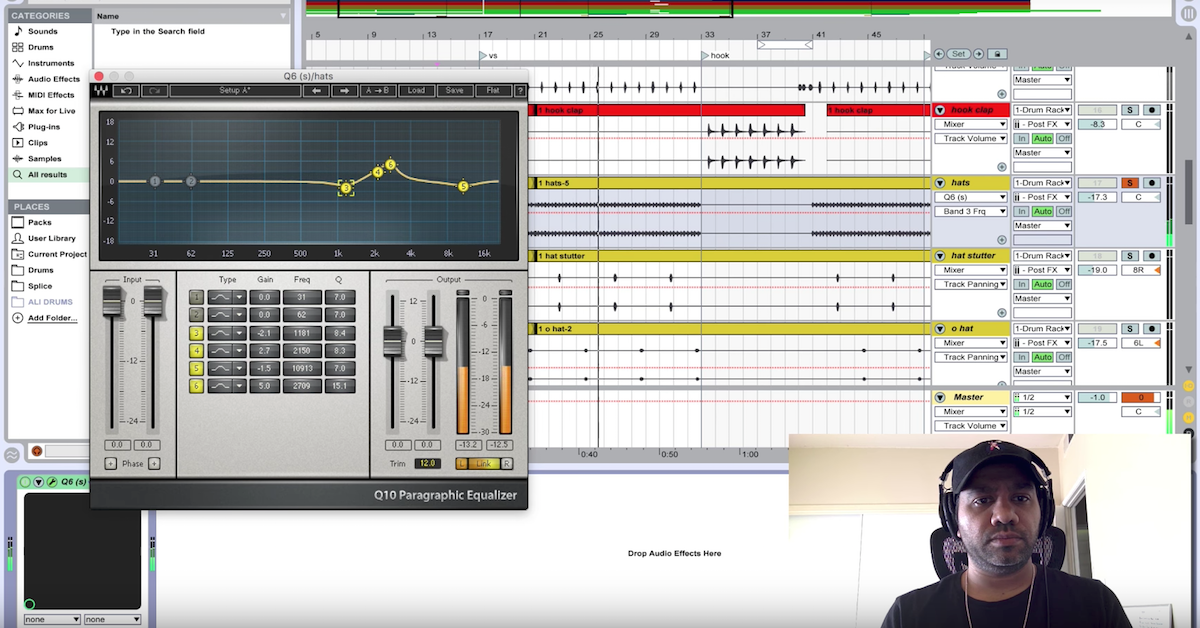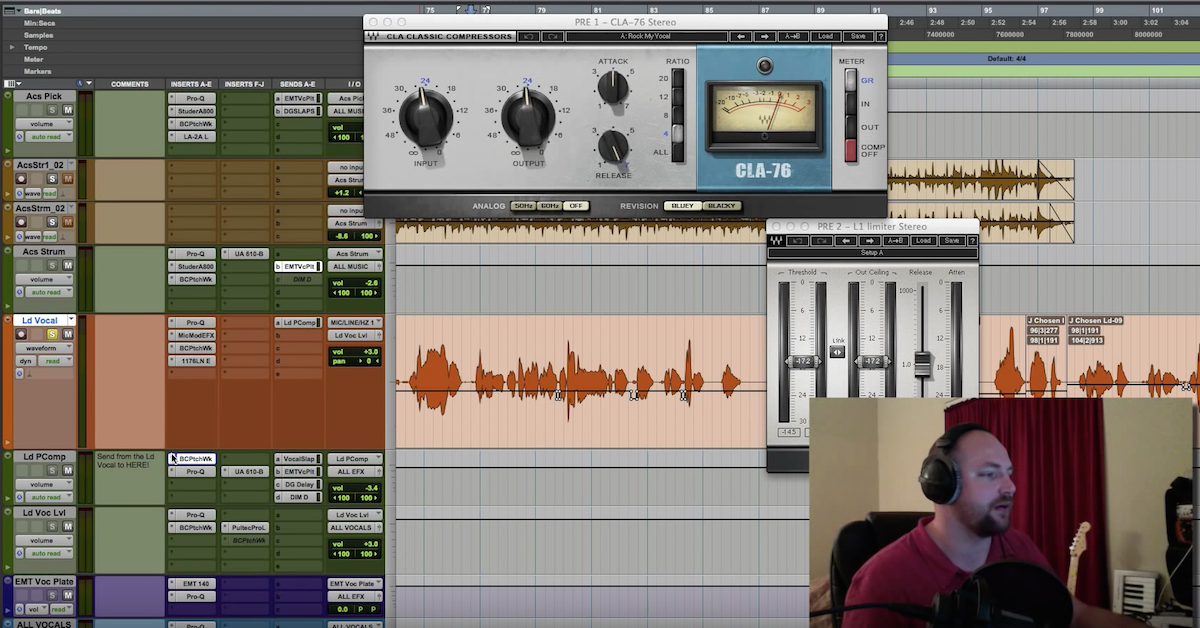Music Publishing 101
Article Content
If you’re a composer or songwriter, you may have dreamed of receiving a letter in your inbox from a music supervisor for a major film company. They’ve been listening to your music, this letter reads, and they want to use your song for placement in a film. And they want to cut you a five-figure check in return for your permission to license the recording. This is the opportunity of a lifetime. However, they have one question for you before they get started: who is your publisher, and how do they get in touch with them? Luckily, you’ve done your homework.
What is a Music Publisher?
Music publishers earn income for songwriters in exchange for co-ownership of their music compositions. Remember that compositions and master recordings operate under different sets of laws. In the case of music compositions, 50% of the royalties are designated to the writer of the work, while 50% of royalties are designated to the publisher. This includes all royalties for the licensing of music compositions, including cover songs, synchronization to film and television, broadcasting over terrestrial radio, and web broadcasting.
Recording contracts, which designate income for recordings, are split up a little differently, but the publisher receives a chunk from record sales and music streaming as well. In most cases, the publisher receives 100% of payment when an outside party pays for the use of the composition, then the publisher distributes 50% of those royalties to the writer.
What Does a Music Publisher Do?
Music publishing can be traced back over 500 years to the Renaissance era of European music. A publisher would print copies of sheet music and distribute them, taking a 50% commission on each sale. The publisher would collect all income from sales and return half of the proceeds to the composer. By allowing an outside party to distribute their works, the composer could spend less time selling their work and more time writing new pieces, all while reaching a wider distribution network. When the composer finished a new piece, the publisher would have a fresh work to distribute for more income.
Now that we have photocopiers, PDFs, and software notation, a music publisher no longer serves the role of printing copies of sheet music. Nevertheless, music publishing remains one of the most important sectors of the music industry. Music publishers in the 21st century earn their keep by providing a service to the composer. This service usually involves promoting the composer’s work and offering connections to license their music. By helping the composer earn income from the licensing of their work, the publisher earns 50% commission on all songwriting income.
Who is a Music Publisher?
Any of the following parties can act as a music publisher:
- A record company.
- A publishing company.
- The writer of a work.
- Any third party authorized by the writer to receive 50% of the royalties to a composition.
If the writer does not sign a contract, he or she automatically owns all rights to music publishing income. A contract can assign percentages of a writer’s publishing rights to multiple parties, such as a record producer, co-writer or A&R representative of a record company.
Publishing in Record Contracts
If an artist signs a contract with a record label, a standard contract will require the artist to assign their publishing rights to the label. This means that the label acts as the artist’s publisher in addition to distributing their recordings. As the publisher, the label will offer placement for their music in film and television, and collect 50% of the royalties for those placements. All of the major labels have publishing departments for these purposes.
Because the three major labels (Sony, Warner and Universal) are all subsidiaries of larger companies, film companies such as Sony Pictures, Warner Bros and Universal Pictures frequently license music from publishers owned by their parent company. For this reason, most major pictures will not use music from unsigned artists. You may be able to write a great song, but you will likely need to sign with a major publisher to be placed prominently in a feature film.
Standalone Publishing Deals
Some songwriters prefer to work in the shadows, ghost-writing for other artists. Many of these writers don’t perform their works and therefore don’t sign a recording contract. Instead, they sign a contract with the publishing department at a record label. This can be an extremely lucrative business for some songwriters. Rather than releasing albums under one name, a writer can work with any number of artists and receive income from all of their releases.
Standalone publishing contracts are agreements between a writer and a publisher. The publisher assigns the writer to work on projects with different recording artists, keeping 50% of the writer’s share of royalties. The publisher may offer an advance payment to the writer (anywhere from $10,000 to $1 million, depending on the size and scale of the deal) and withhold further royalties until the value of the advance is recouped through sales and licensing income.
Music Publishing Companies
Some music publishers are not affiliated with record labels at all. Instead they work directly with artists and writers to offer placement for film, television, and commercials. After the great decline of CD sales in the early 2000s, music publishing companies occupied an increasing market for commercial placement. These companies take 50% of the royalties from licensing music for film and TV, and offer a direct pipeline to music supervisors at major companies.
The highest-paying placements still go to the publishing departments at major record labels, because they control the rights to the highest-profile catalogs. Nevertheless, music publishing companies offer expanding opportunities for independent artists, and can deliver significant placements, especially in commercials.
Self-Publishing
An artist or writer that doesn’t sign a contract owns 100% of their publishing rights. In the long run, this may be ideal for many artists. Famous songwriters from Little Richard to Tupac Shakur have entered into publishing deals in which they lost significant royalties for works that they wrote, as publishers held their rights under contract. By maintaining full ownership of publishing rights, an artist may exercise full control over their career and the right to earn income from their works.
Self-publishing may limit a writer to fewer licensing opportunities and lower placement fees. But the long-term benefits of maintaining ownership of publishing are becoming clearer as artists have more means to distribute their works independently. By taking advantage of emerging methods of self-promotion, independent artists may earn from a smaller pie, but keep 100% of their royalties and maintain greater control over their destiny.





